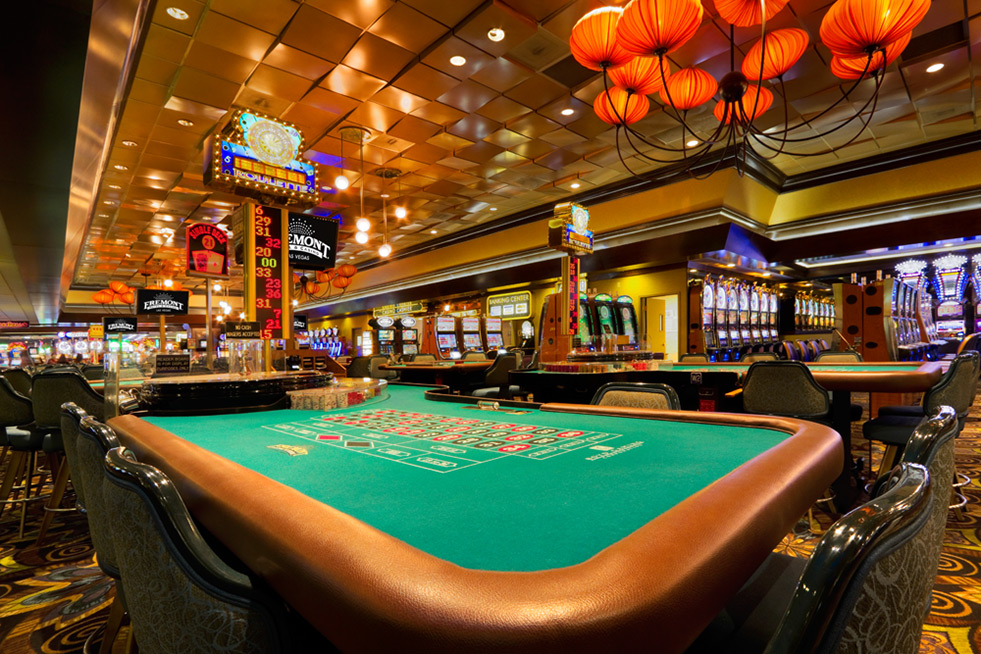
Casino games have long captured the imagination of humans around the world, becoming an important part of both leisure and tradition. From the sparkling lights of Las Vegas to the engaging experience of internet gambling, these activities evoke enthusiasm, uncertainty, and sometimes even a sense of nostalgia. They are more than simply pastimes; they have woven themselves into the texture of human experience, influencing everything from movies and music to clothing and writing.
The charm of casino games transcends the wagering aspect, tapping into larger themes of serendipity, chance, and human behavior. As players convene around a gaming table or rotate the wheel of fortune, they engage in an ancient ritual that connects with our collective desire for adventure and instability. This obsession has led to the growth of numerous references in films, songs, and gaming, showcasing how strongly entrenched these pastimes are in pop culture. Whether it is the pressure of a traditional caper or the lively nightlife portrayed in recordings, casino games have established a substantial role that reflects our bond with risk and reward.
Cultural Importance of Gambling Activities
Gambling games have played a pivotal role in social contexts throughout history. Stemming from old societies, forms of chance were often linked to rituals or gatherings. casino online ohne Oasis For example, early forms of these activities can be traced back to historic Chinese and the Roman Empire, where die games and wagering on results were common pastimes. These games not only served as entertainment but also as methods of connecting people, facilitating relationships among individuals within societies.
As cultures evolved, so did the sophistication and organization of casino games. The creation of official casinos in the 17th century, particularly in the Italian region, marked a major shift in how games were viewed and organized. With specific spaces for gaming, the casino became a social hub where patrons from various backgrounds convened. This change contributed to the validation of the industry, transforming it from a mere pastime into an organized industry that shaped economy and policy.
The effect of gambling games on mainstream culture cannot be overlooked. As they were brought into the limelight in literature and movies, games such as Texas Hold’em and blackjack became icons of chance, chance, and tactics. Iconic characters and narratives have developed around these games, illustrating societal attitudes towards luck, prosperity, and immorality. This fascination with gambling games has permeated various forms of media, cementing their place in the public imagination and linking them to wider cultural narratives throughout history.
Depiction of Gambling Activities in Media
Gambling games have long been a popular topic in different types of entertainment, reflecting both the excitement and nuances of the world of gambling. Films such as Ocean’s Eleven and Casino Royale portray individuals who navigate dangerous scenarios, showcasing not only the appeal of the casino atmosphere but also the strategies and judgments that come with playing popular games like Texas Hold’em and blackjack. These films often dramatize the exhilaration of winning and the potential consequences of losing, encapsulating the dangers involved in gambling.
TV programs have also explored the universe of gambling activities, often integrating them into the storyline as a context for character arcs and conflict. Shows like Vegas depict the lives of casino workers and customers, highlighting the lively, often chaotic energy of the casino floor. Docuseries featuring intense gambling competitions further emphasize the attraction of gambling activities, drawing viewers into the drama and strategy involved in each game. Through these portrayals, media not only engages but also sparks conversations about fortune, skill, and the essence of chance.
Video games have increasingly incorporated gambling activities into their structure, allowing players to recreate the feeling of betting without financial exposure. Titles within the domain of digital gaming often include online slot machines, poker, and other popular casino games, creating an interactive experience that mirrors traditional gambling. These virtual portrayals make casino games accessible to a worldwide viewer base, appealing to both players who indulge and those who enjoy the excitement of virtual experiences. As a consequence, the portrayal of casino games in media continues to shape societal views and cultural significance, highlighting their role in entertainment and culture.
Impact of Casino Games on Communities
Casino games have a meaningful effect on communities, affecting various facets of culture and social behavior. They often serve as a platform for social interaction, where people gather to enjoy a common activity. Casino trips with friends or trips to casinos become group events that build connections and create shared moments. This communal aspect boosts the fun value of casino games, making them a favored choice for festivities and recreational pursuits.
Additionally, gambling activities have been portrayed in numerous films, television shows, and written works, shaping perceptions and attitudes towards gaming and betting. Icons like James Bond playing baccarat or the intense poker scenes in films have cemented these games in the collective imagination. This depiction often glamorizes the culture associated with gambling, drawing in new players and impacting trends in both fashion and behavior. These portrayals can ignite curiosity and lead to a deeper investigation of the nuances of gambling.
Nonetheless, there are also negative consequences associated with the widespread appeal of casino games. The allure of quick monetary gain can lead to gambling addiction and economic troubles for some people. Society must grapple with these consequences, promoting responsible gaming and awareness of the risks involved. Balancing the entertainment value of casino games with the potential for harm is vital to ensure that they remain a positive aspect of our societal fabric.
